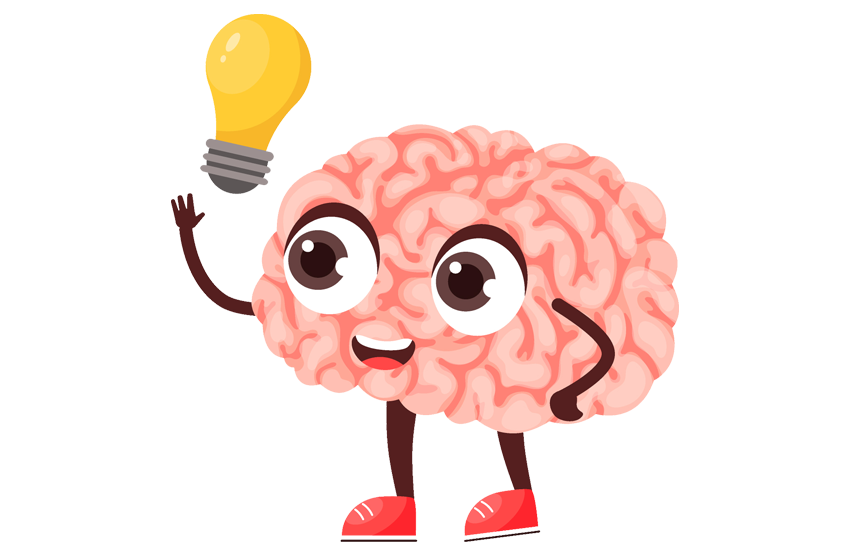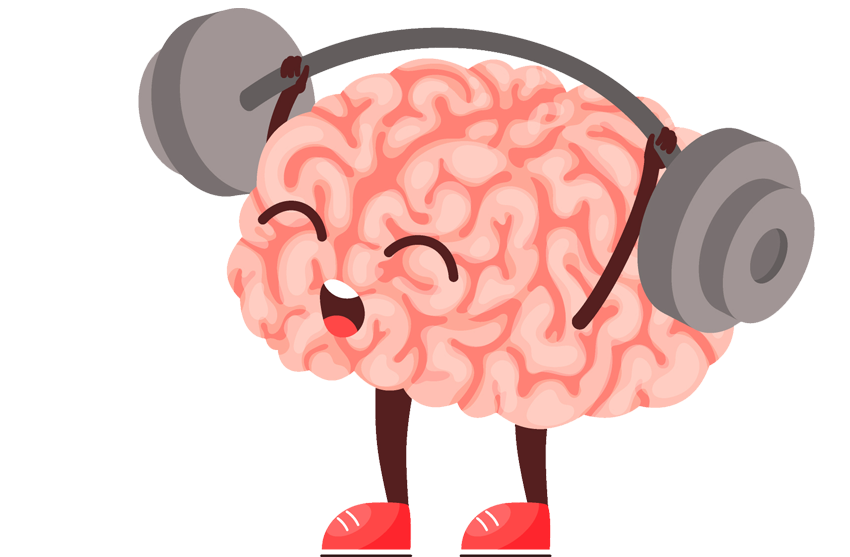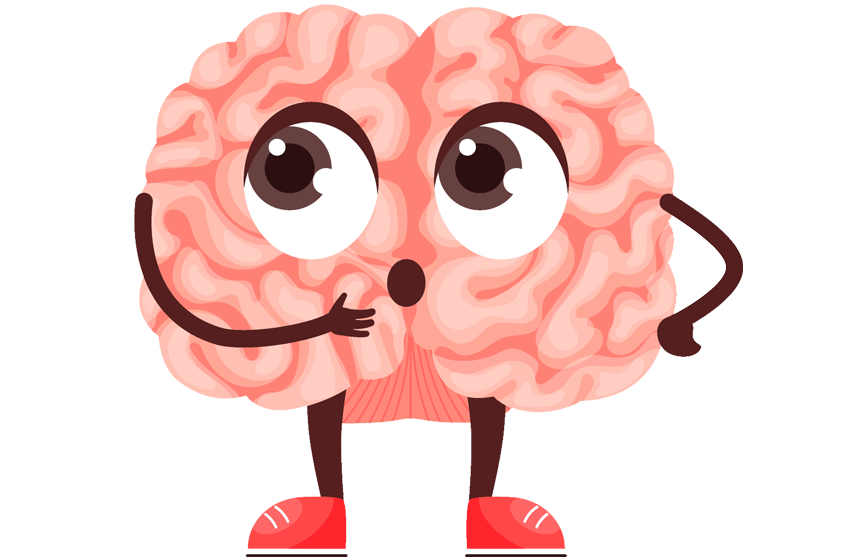Challenge Breakdown

Our Aim:
The aim of the 30-day Wellbeing Challenge is to enhance the mental and emotional wellbeing of both students and teachers. This program focuses on developing essential skills such as stress management, resilience, positive attitudes and effective communication. By the end of the program, participants should experience improved mental health, better behaviour and relationships and increased readiness to face life's challenges with confidence and positivity.
Program Structure:
Consists of: Biweekly School assemblies, PHSE lessons, Daily morning classroom activities (5 minutes long) for staff and children, Playtime Challenges and Lunchtime Mindful Eating.
Week 1 - focussing on Wellbeing - Healthy eating, Exercise and The Importance of Sleep
Week 2 - focussing on Positive Self-Talk and Conflict Resolution.
Week 3 - focussing on Self-Love, Empathy and Compassion for others
Week 4- focussing on Resilience.
Benefits:
Benefits of the 30-day wellbeing program for students and teachers.
The 30-day wellbeing program is designed for both students and teachers and can offer a wide range of benefits for the entire school community. Here are some of the key advantages:
The 30-day wellbeing program is designed for both students and teachers and can offer a wide range of benefits for the entire school community. Here are some of the key advantages:

For Students:
Improved Mental Health:
Improved Mental Health:
This program can help students develop essential coping strategies, manage stress and reduce symptoms of anxiety and depression, ultimately leading to better mental health.
Enhanced Resilience:
By learning how to face and overcome challenges, students become more resilient and better equipped to handle adversity.
Better Behaviour and Attitudes:
Improved wellbeing often translates into more positive attitudes, behaviours and relationships among students, creating a more respectful and supportive school environment.
Academic Performance:
Students who are emotionally well and mentally prepared to learn are more likely to excel academically. The program can enhance concentration and motivation, leading to better grades.
Stronger Interpersonal Skills:
Students learn how to communicate effectively, resolve conflicts and collaborate with peers, which benefits their social and emotional development.
Stress Reduction:
The program can equip students with stress management techniques and mindfulness exercises, reducing stress and promoting emotional wellbeing.

For Teachers:
Improved Wellbeing:
Improved Wellbeing:
Teachers often experience stress and burnout. A wellbeing program can help them manage their stress, enhance their emotional wellbeing and reduce burnout.
Increased Job Satisfaction:
Teachers who feel supported in their wellbeing are more likely to enjoy their work and feel satisfied with their careers.
Enhanced Classroom Management:
With improved emotional regulation and wellbeing, teachers can manage classrooms more effectively, leading to a better learning environment, especially when the children have better behaviour too.
More Effective Teaching:
Teachers who are mentally and emotionally well can be more effective educators, better able to connect with their students and facilitate learning.
Stronger Relationships:
The program can enhance teacher-student and teacher-parent relationships, leading to better communication and collaboration.
Increased Resilience:
Just like students, teachers can benefit from resilience training to cope with the demands of their profession and bounce back from setbacks.
For the School Community:
Positive School Culture:
Positive School Culture:
A wellbeing program can contribute to a more positive and respectful school culture, where students and teachers feel supported and valued.

Academic Excellence:
Enhanced student wellbeing often correlates with improved academic performance, benefiting the school's reputation.
Lower Incidents of Bullying:
Promoting wellbeing can help reduce bullying and incidents of violence, creating a safer environment for all.
Parent Engagement:
Parents can join in the program too and support their children from home. When they see the positive impact of the wellbeing program on their children, they may become more involved in school activities and initiatives.
Well-Prepared Students:
Students who develop wellbeing skills and resilience are better prepared for future challenges and transitions, such as higher education and employment.
In summary
The 30-day Wellbeing Challenge will have far-reaching positive effects, from improving the mental health of students and teachers to fostering a supportive and respectful school culture, ultimately contributing to academic success and personal development.
